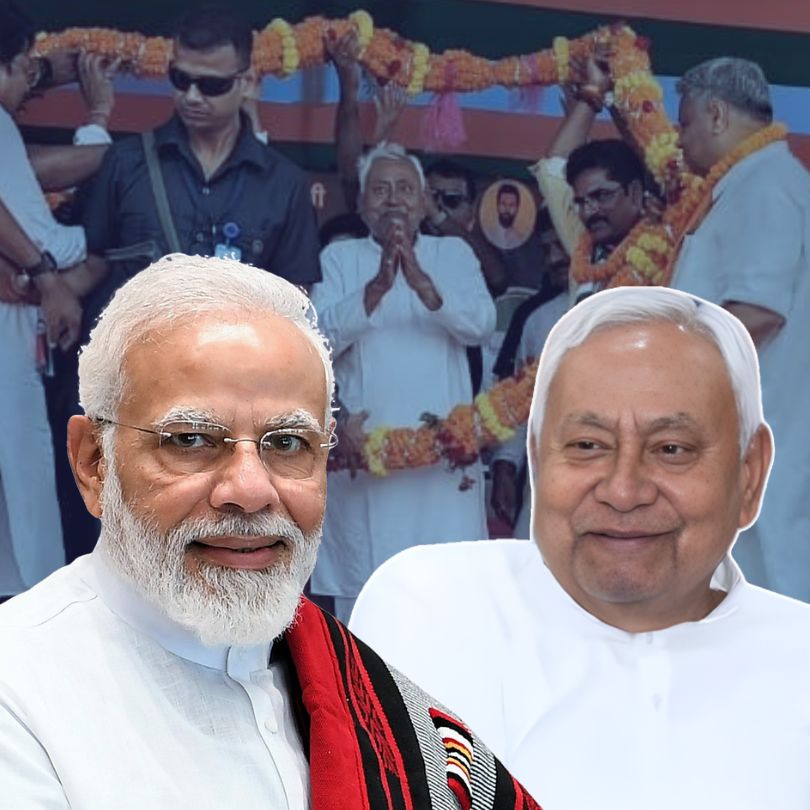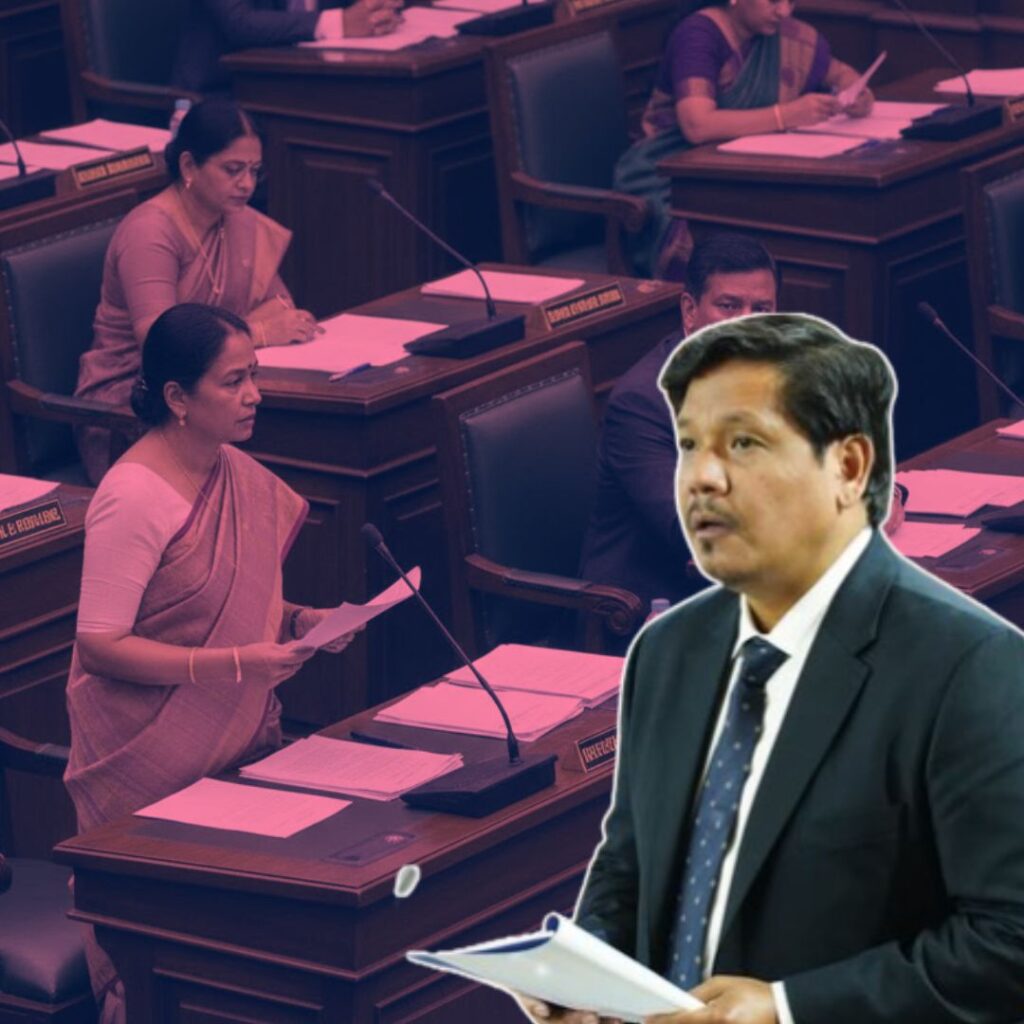The 2025 Bihar Assembly election concluded with a historic mandate for the National Democratic Alliance (NDA), which decisively won more than 200 out of the 243 seats, according to the official Election Commission of India results. The alliance, primarily led by the Janata Dal (United) or JD(U) under Chief Minister Nitish Kumar and the Bharatiya Janata Party (BJP), surpassed its previous tally from 2020, marking a continuation of governance that voters strongly endorsed.
Opposition alliances, including the Mahagathbandhan, managed only 33 seats collectively, while the Jan Suraaj Party of Prashant Kishor did not win any seats despite considerable campaign efforts. This overwhelming victory reflects both the electorate’s faith in the incumbent leadership and their response to ongoing developmental policies, with women voters playing a crucial role in the NDA’s success.
Election Results and Key Winners
The NDA’s victory with more than 200 seats stands as one of the most significant electoral mandates in Bihar’s recent history, granting Nitish Kumar a fifth consecutive term as Chief Minister.
Among high-profile winners in the NDA fold were Maithili Thakur, who won her seat from the Alinagar constituency, and Samrat Choudhary from Tarapur, both contributing to the alliance’s solid footing. On the other hand, Tejashwi Yadav, leader of the opposition RJD and the Mahagathbandhan alliance, successfully retained the Raghopur seat by over 14,000 votes, albeit in a drastically diminished legislative presence.
His brother, Tej Pratap Yadav, suffered a defeat in Mahua, losing to candidates from other parties, underscoring the opposition’s waning influence. Prashant Kishor’s Jan Suraaj Party, despite initial hopes and Kishor’s bold promise to exit politics if JD(U) fared well, did not secure a single seat in the assembly, reflecting the electorate’s decisive preference for the established NDA coalition.
The Bihar 2025 Assembly election and its results hold immense significance both for the state and the broader national political landscape. With over 7.45 crore eligible voters and 243 assembly seats in contention, the election was a crucial test of governance, development policies, and social justice efforts.
It served as a referendum on the incumbent National Democratic Alliance (NDA) government’s performance under Nitish Kumar, especially in areas such as employment generation, women’s empowerment, law and order, and rural development.
The election outcome offers insights into voter priorities amid complex caste dynamics, youth unemployment, and migration challenges prevalent in Bihar. Moreover, the results signal broader political trends ahead of key assembly elections in other major states like West Bengal, Kerala, and Tamil Nadu, shaping national electoral strategies and alliances.
बिहार ने कर दिया फैसला!
— BJP Bihar (@BJP4Bihar) November 14, 2025
प्रचंड जनादेश के बाद मोदी जी का बिहार-स्टाइल सेलिब्रेशन—
जनता का भरोसा सिर्फ़ NDA पर।#NDA_कहे_आभार_बिहार pic.twitter.com/R8mRSAh093
Women Voter Base: A Decisive Factor
A standout factor in the 2025 Bihar polls was the active participation of women voters, who turned out in unprecedented numbers and contributed decisively to the NDA’s sweeping mandate. The alliance’s campaign heavily emphasized the empowerment of women, incorporating schemes for economic independence, safety, and social welfare.
Official declarations from NDA representatives highlighted that strong women voter support was pivotal in swinging constituencies that had traditionally seen volatile or fragmented results.
Nitish Kumar’s political dominance in Bihar has been significantly bolstered by his strategic focus on women-centric welfare policies, which played a crucial role in the National Democratic Alliance’s (NDA) sweeping success in the 2025 Assembly elections. On polling day, women’s turnout hit a historic high of 71.6 per cent, far exceeding the 62.8 per cent turnout among men, according to Election Commission data. This unprecedented participation reflected the electorate’s positive response to nearly two decades of targeted schemes aimed at empowering women across the state.
The NDA’s announcement of a direct cash transfer of ₹10,000 to nearly 25 lakh women just before the festive season proved to be a game-changer, providing immediate financial relief and enhancing economic autonomy for women, especially in rural and economically vulnerable households. This initiative alone influenced close to two crore voters, generating significant goodwill and trust among women voters.
This demographic shift marks a growing trend in Bihar’s political landscape, signalling the increasing influence of women in shaping governance priorities statewide.
Political Implications and Reflections
The 2025 election emerged as a referendum on the incumbent administration’s focus on social welfare, law and order, and development, particularly amid narratives contrasting past governance under previous regimes.
Prime Minister Narendra Modi hailed the results as a confirmation of the NDA’s success in delivering growth and justice, crediting the collective efforts of the leadership and people who prioritised progress over disruption. Prashant Kishor’s promise to leave politics prompted much speculation, though his party’s poor performance may delay or complicate that decision.
The opposition’s challenges, notably within the Mahagathbandhan, showcase the necessity for introspection and restructuring ahead of future contests. Notably, the results also highlight a shift in the minority vote dynamics with smaller parties making inroads in regions like Seemanchal.
बिहार के लोगों ने विकसित बिहार के लिए मतदान किया है।
— BJP Bihar (@BJP4Bihar) November 14, 2025
बिहार के लोगों ने समृद्ध बिहार के लिए मतदान किया है।
मैंने चुनाव प्रचार के दौरान, बिहार की जनता से रिकॉर्ड वोटिंग का आग्रह किया था और बिहार के लोगों ने सारे रिकॉर्ड तोड़ दिए।
मैंने बिहार के लोगों से एनडीए को प्रचंड… pic.twitter.com/vx75RYXbbo












